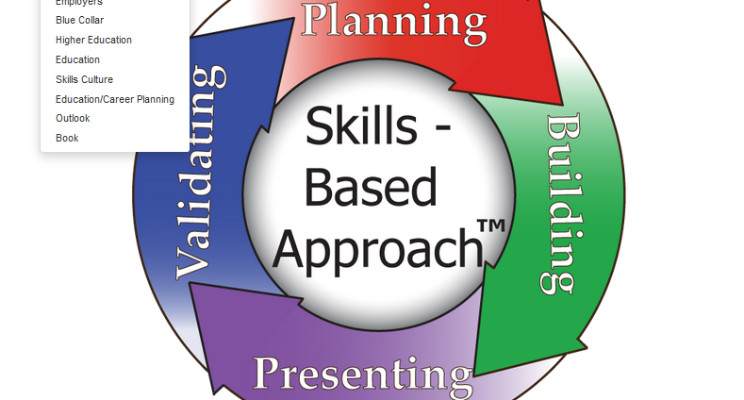According to Gallup’s On Second Thought: U.S. Adults Reflect on Their Education Decisions, most Americans (51 percent) would change at least one of the following: choose a different major (36 percent), choose a different degree (12 percent), or choose a different institution (28 percent). This simply puts a number to something we already know, either through our own or others’ experiences. We all know the person who is disengaged at work, talking about wishing he or she could be doing something else. The business executive who would rather be a teacher, for example.
Gallup conducted a follow-up report Major Influence: Where Students Get Valued Advice on What to Study in College to illuminate who is giving the advice. The report identified four sources of advice: formal sources (counselors and media directed at giving advice), informal social network (family, friends, and community leaders), informal school-based (teachers, coaches, and staff), and informal work–based (employers, coworkers, etc.).
Most people (55 percent) receive advice from the informal social network. This make sense: get advice from the people who know us best and care about our well-being. Formal sources are the second highest referenced source (44 percent). Younger attendees increasingly refer to internet media about their “chosen field of study”.
For me, it was a family member who helped me get on track right before my senior year of college. I was told to start taking learning seriously (attend every class, do the homework, and study hard for tests) and encouraged that I could do much better. The advice did not impact my decisions, but put me in a place to make the most of them. The switch was turned on; I got Dean’s List both semesters and performed well in graduate school. Now I question whether I should have a degree in education instead, nevertheless, I am constantly using my skills from my degree in business management and computer applications.
Informal work-based sources are the most helpful (83 percent), which include advice from experts in the field and workplace experiences (9 percent). And as the study concludes, there is huge opportunity for growth with experiential and applied learning.
Imagine having K-12 students constantly sampling learning projects and experiences for a potential ‘field of study’ and ‘possible degree’. They keep track of each task and their impression; so not only track what skills they are learning, but also explore whether an experience might be a future fit. Skills Based Approach is the platform for experiential learning, a way to work with students’ evolving skill sets. Collecting Skills Labels creates a record of what learning tasks students have completed throughout their lifetime.
